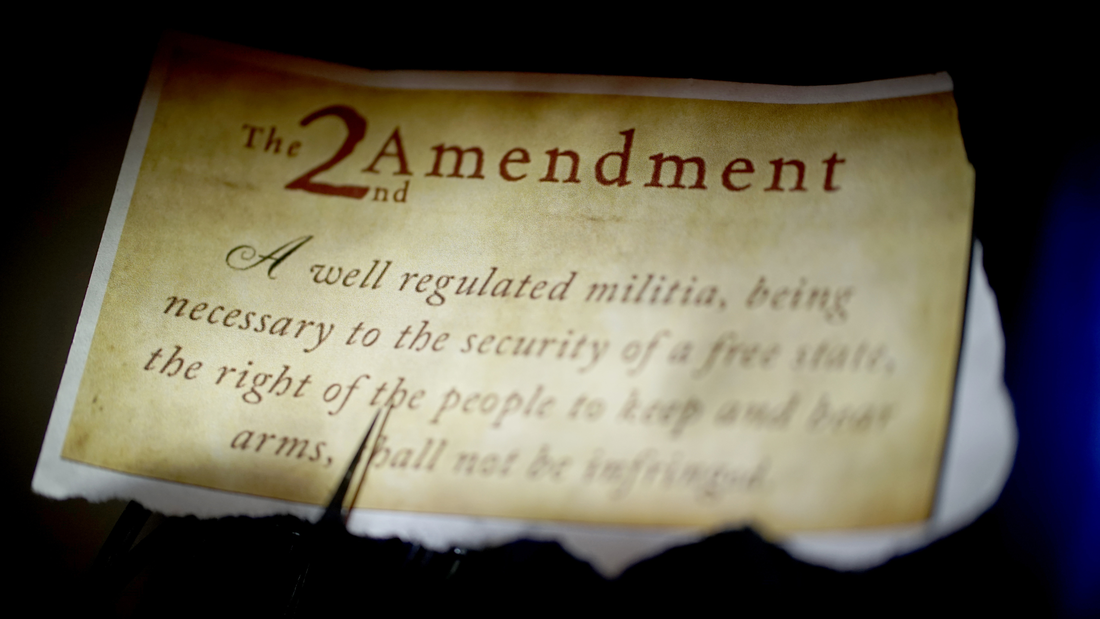“I Have to Pull Down My Pants in Order to Exercise a Constitutional Right"When Joseph Kamenshchik, an attorney in Nassau County, New York, sought a pistol license from the Nassau County Police Department, he faced an application process he described as “subjective, duplicative, overly broad and burdensome.” One requirement was for Kamenshchik to be subjected to a urinalysis test to screen for illicit drug abuse.
“I have to pull down my pants in order to exercise a constitutional right,” Kamenshchik told Samantha Max of non-profit news site Gothamist. Officials also demanded a list of Kamenshchik’s social media accounts. Ever since the U.S. Supreme Court struck down New York State’s restrictive gun permitting scheme in 2020 (New York State Rifle & Pistol Association Inc. v. Bruen), officials in that state have thrown up one roadblock after another in the application process, in an apparent effort to discourage New Yorkers from becoming legal, licensed gunowners. One state judge on Long Island didn’t buy that the state’s process was constitutionally justified. Justice James P. McCormack ruled that the Nassau County Police Department cannot require Kamenshchik to undergo testing of his urine or be forced to turn over a list of his social media accounts. “Irreparable harm exists because Kamenshchik is being denied a constitutional right,” Justice McCormack ruled. We would add that in fact two constitutional rights were violated – the imposition of an unreasonable search contrary to the Fourth Amendment, as well as discouragement of the exercise of Second Amendment rights. Even reasonable conditions for applicants in New York State are being applied in an unreasonable manner. The judge’s order asks the county to explain why it takes up to eight months to fingerprint an applicant. Justice McCormack declared: “This court wanted, and continues to want, an explanation as to why it takes so long, and why fingerprinting cannot take place at any precinct (like it can and does for other reasons.) Absent a valid reason, the court could be constrained to find the wait unreasonable and unconstitutional.” Officials in New York have every right to conduct background checks of applicants, as well as to have their fingerprints on file. But their actions show that it is their disagreement with the Supreme Court’s ruling that inspires the slow-walking of gun permit applications. Such practices veer perilously close to the old Confederacy’s doctrine of nullification. Most of all, imposing an unreasonable search of an applicant’s body chemistry or asking for access to all his or her social media activities shows blatant disrespect for the spirit and perhaps the letter of the Fourth Amendment. Comments are closed.
|
Categories
All
|


 RSS Feed
RSS Feed